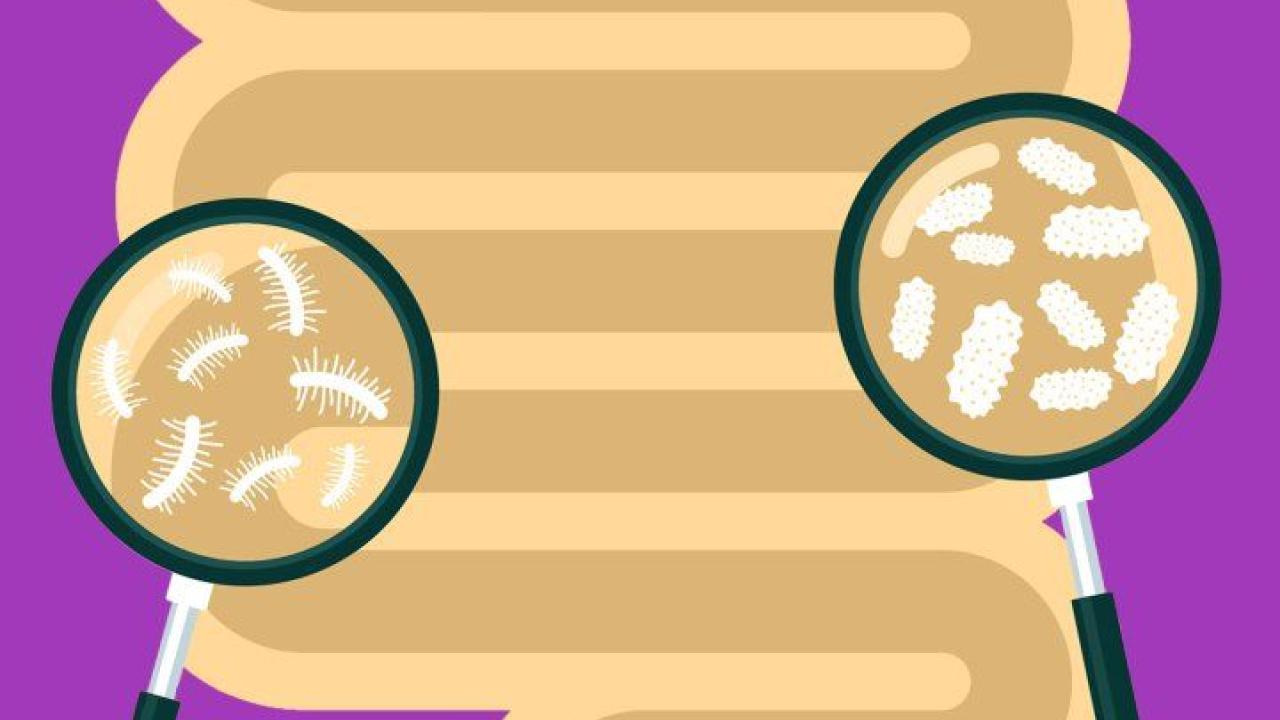
Bacteria in our guts play a significant role in how we digest what we eat, and what we eat includes oral medications we take. But the gut microbiome’s impact on drugs may be different from its impact on food because drugs are often intended to target a specific tissue or organ or process in the body.
Peter Turnbaugh, PhD, a professor of microbiology and immunology at UCSF, began studying the impact by looking at how the microbiome impacts the cardiac drug digoxin. Now, his research group has applied this line of inquiry to better understand cancer chemotherapy.
“We wanted to know if the microbiome matters in the metabolism of anti-cancer drugs that are critical for treating colon cancer and other types of cancers,” said Turnbaugh. “So far, it looks like the answer is yes.”
How does the gut microbiome impact cancer treatment?
The concept of the bacteria in our gut interacting with medications dates back at least 50 years. Researchers have known that sometimes bacteria can metabolize drugs in ways that alter their effects on the body. In terms of cancer, seminal studies from Matthew Redinbo at the University of North Carolina have shown that gut bacteria can re-activate the chemotherapy drug irinotecan after it’s been inactivated by the host, leading to side effects that limit the dose that can be administered to patients.
However, the broader role of the microbiome in other types of cancer chemotherapy remains unclear, in part due to methodological limitations. Over the past decade or so, advances in DNA sequencing, coupled with approaches to manipulating the microbiome in test tubes and in animal models, have helped set the stage to better understand exactly how the microbiome exerts an impact on drug activity.
What’s an example that you’ve seen in your studies?
My lab recently published a study looking at how the microbiome effects metabolism of chemotherapy drugs called fluoropyrimidines (FPDs), which are frequently used to treat colon cancer. This work was led by a former postdoc Peter Spanogiannopoulos and a talented MD/PhD student, Than Kyaw, with help from collaborators in the UCSF Helen Diller Family Comprehensive Cancer Center, among others. We suspected that bacteria living in the gut can intercept and inactivate some of the drug before it’s able to get to the tumor.